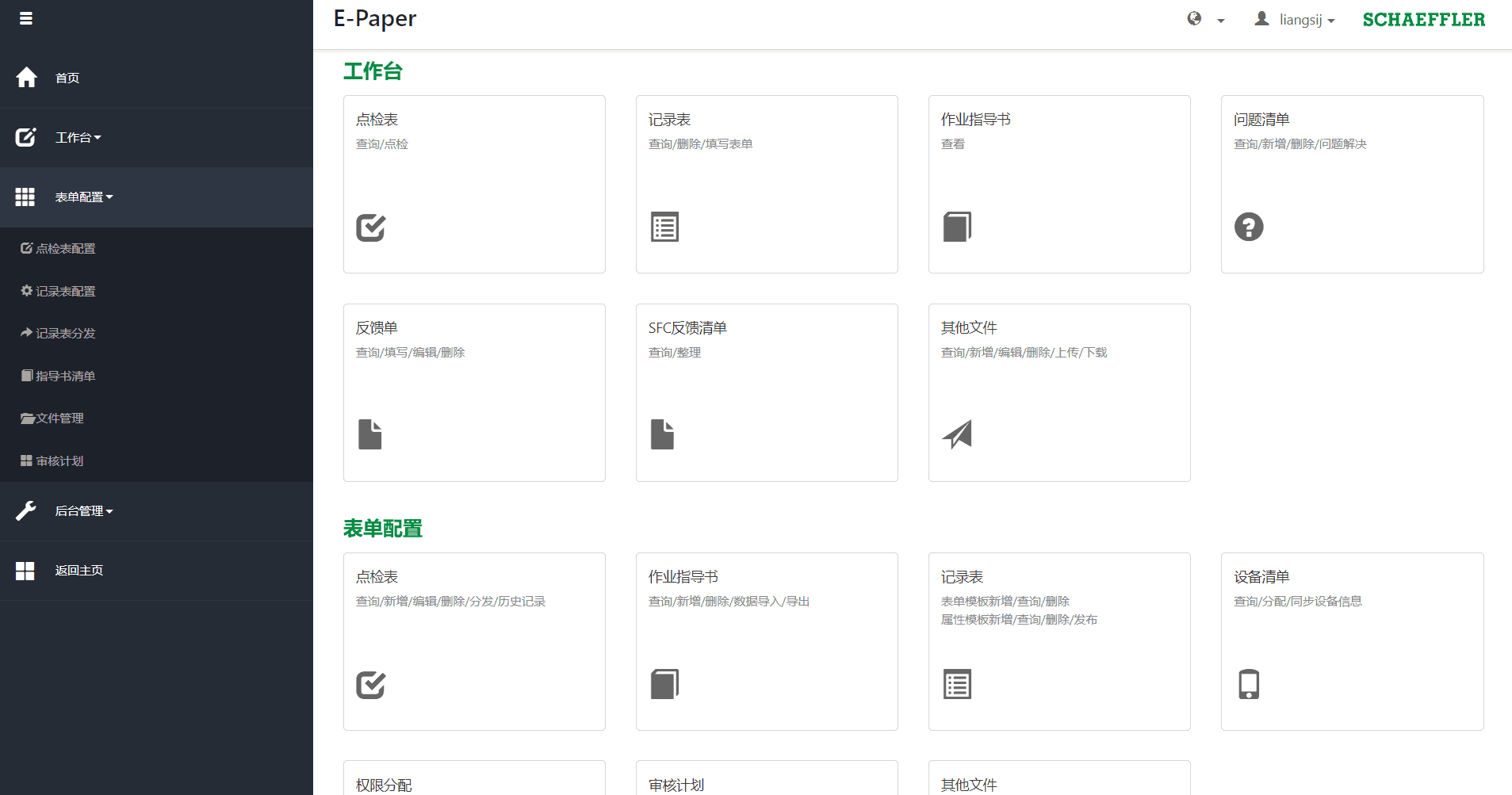Mendix Improves Schaeffler’s Manufacturing Efficiency and Strategic Governance
50% reduction in development timelines w/ Mendix
Schaeffler (China) Co., Ltd, a leading global supplier of automotive and industrial components, specializes in precision systems for powertrains, industrial rolling, and plane bearings. Established in 1995, Schaeffler operates 10 factories, two R&D centers, and 20 sales offices across China, employing over 12,000 people.
As part of its commitment to digital transformation, Schaeffler aimed to enhance its IT infrastructure, which was previously dependent on packaged solutions and traditional pro-code development. The shift to a digital-first approach required adapting to fragmented and rapidly changing demands, challenging conventional delivery models.
Schaeffler’s Senior Manager for IT and Digitalization in Greater China, Lu Hongqiang, identified several key obstacles:
- The absence of proven models for successful digital transformation.
- Resistance to change among employees in traditional manufacturing roles.
- Business demands that outpaced the capacity of existing IT systems.
- Digital platforms that failed to support global governance and cross-national adaptability.
To tackle these challenges, Schaeffler integrated the Mendix development platform into its IT architecture, enabling agile, cost-effective responses to rapidly evolving business needs.
A Strategic Long-Term Solution
In evaluating low-code platforms, Schaeffler prioritized global governance, adaptability, and integration capabilities. Mendix stood out with its:
- Model-Driven Development: Visual data, UI, and logic models that double as requirements documentation, design prototypes, and deployable apps.
- Agility and Scalability: Tools for rapid prototyping and iterative development across diverse environments.
- Industry Recognition: Proven track record and Gartner Magic Quadrant endorsement.
Creating a Paperless Factory Solution
During the initial implementation, Schaeffler’s development team simultaneously rolled out the platform and a flagship project: a paperless factory solution at its benchmark factory in Taicang, Jiangsu.
Previously, manual processes like data collection, paper distribution, and input bottlenecked operations. The low-code solution automated these workflows, delivering high-quality results within budget, saving 30% of development resources.

With this solution, Schaeffler achieved key objectives:
- Integration: Seamless connections between SAP, MES, and CMS systems for a digital feedback loop.
- Process Management: Data-driven workflows enabling traceable business scenarios based on KPIs.
- Visualization: Tiered dashboards supporting factory meetings, management oversight, and decision-making.
- Cross-Department Services: Process data services for 15 departments, including EHS, finance, HR, production, and quality control.

As developers become more proficient with Mendix and leverage its marketplace of over 100 templates, Schaeffler expects to reduce future development costs and timelines by 50%. This project also lays the groundwork for company-wide sustainability initiatives, reducing paper and material waste.
Unlocking Cross-Departmental Potential
After the success of its first low-code project, Schaeffler has extended its development roadmap beyond manufacturing. Hongqiang shared plans to integrate paperless processes into mobile apps and strengthen the company’s low-code expertise by accumulating case studies and training staff.
Schaeffler adopts a “project-based capability building” approach, using dedicated developers to manage foundational tasks while training employees to handle less technical development needs. Mendix’s user-friendly interface allows business teams to participate directly in development, reducing communication and trial costs while bridging the gap between business needs and IT capabilities.
By addressing fragmented business demands and empowering personnel, Mendix is advancing Schaeffler’s long-term digital transformation, enabling strategic governance and driving continuous innovation across manufacturing and beyond.



